There is currently a boom in demand for bariatric surgery performed by laparoscopy. These techniques are considered the route of choice for most surgical procedures. Patients opt for this type of procedure because it is less invasive, safer and faster post-operatively. The course is aimed at fully understanding the bariatric patient in all their complexity and dimensions. It presents a common core of understanding, debates and adjustments of visions between surgeons and the multidisciplinary team, as well as improving the various surgical techniques, treatment of complications, revision surgeries, bariatric endoscopy and future perspectives in the treatment of morbid obesity. Well-trained surgeons can change the life story of metabolic patients, adding time and quality to their lives. This also results in lower costs for the public and private health systems, less absenteeism, and lower health costs and early retirements. Theoretical/practical training in Minimally Invasive Bariatric Surgery is therefore fully justified, focusing on the day-to-day work of bariatric and metabolic surgeons, with theoretical classes with leading national specialists. Exhaustive training of techniques in live models, dry-lab and cadaver-lab. Participation in live surgeries and monitoring of the routine of big names in bariatric and metabolic surgery in Curitiba and Argentina, during a supervised internship in which students will be able to answer all their questions.
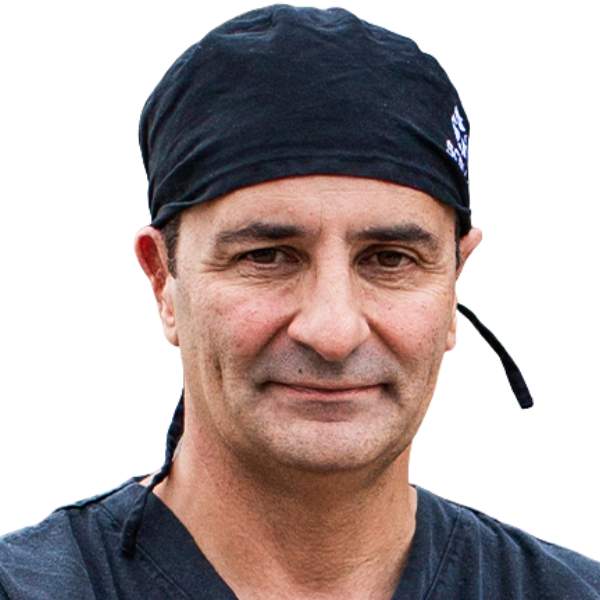
Brazil

Brazil
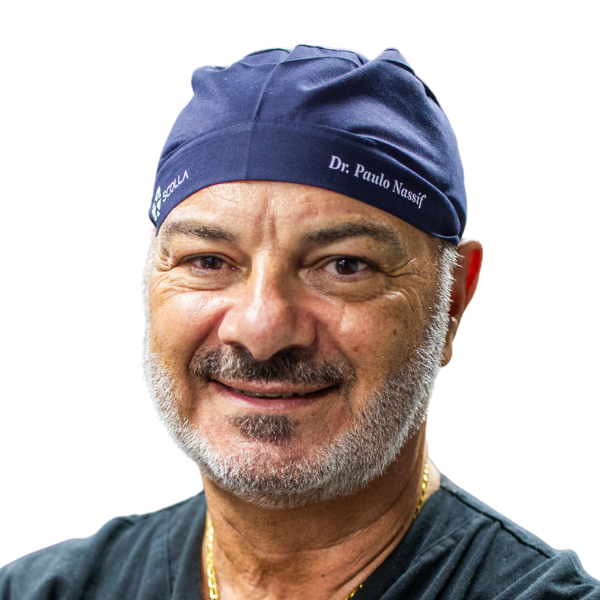
Brazil

Brazil
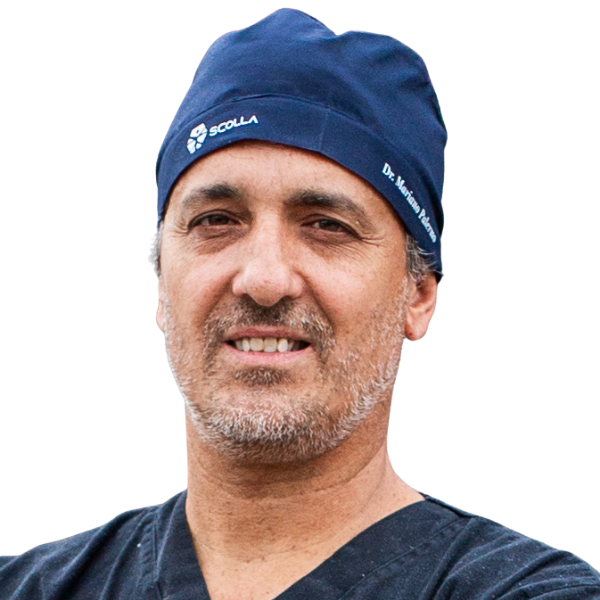
Argentina

Argentina

Cordoba

Cordoba

Chile

Chile

Brazil

Brazil

Brazil

Brazil
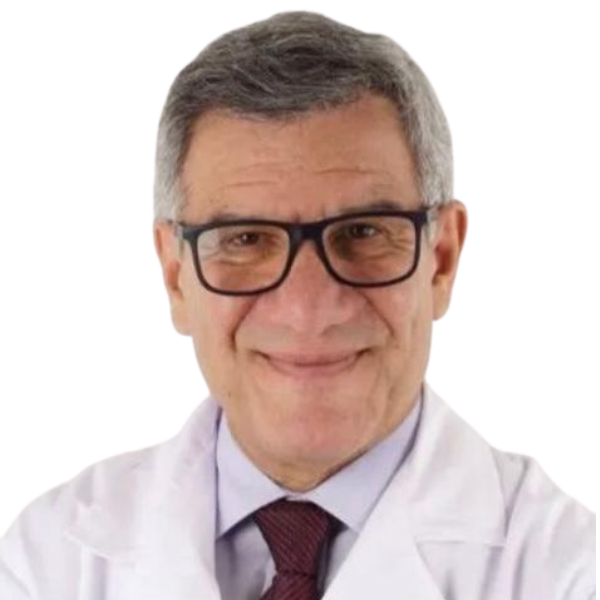
Portugal

Portugal
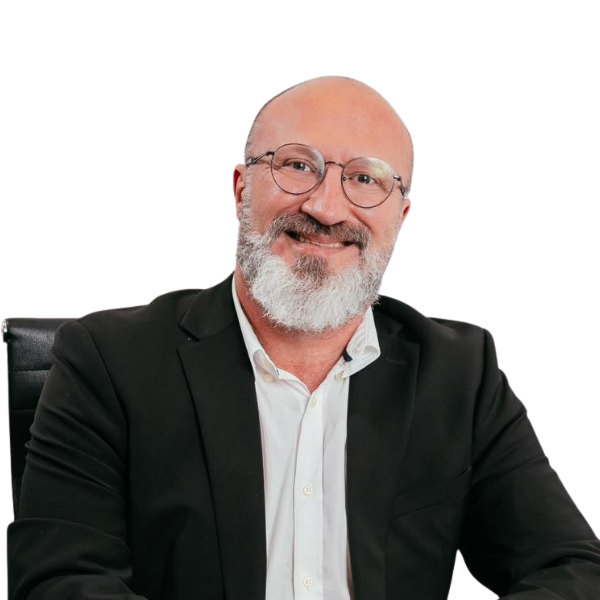
Brazil

Brazil

Brazil

Brazil
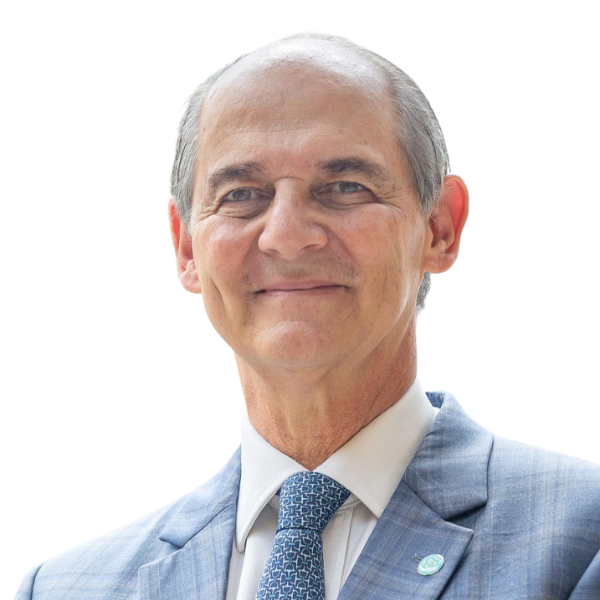
Brazil

Brazil

Brazil

Brazil
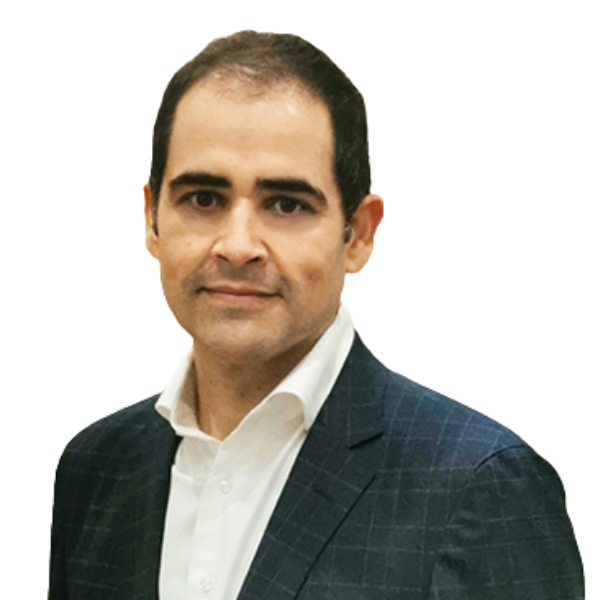
Brazil

Brazil
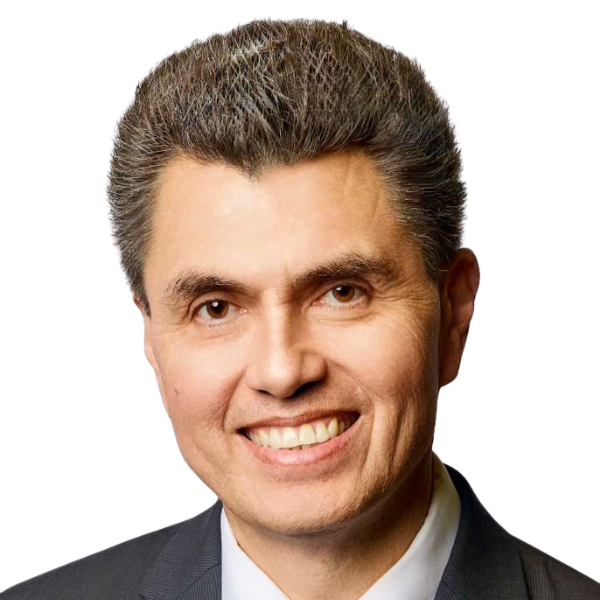
United States

United States

Brazil

Brazil
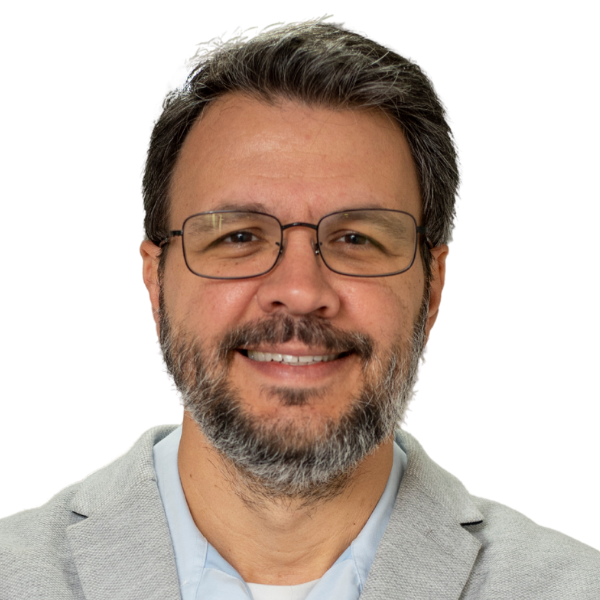
Brazil

Brazil

Argentina

Argentina
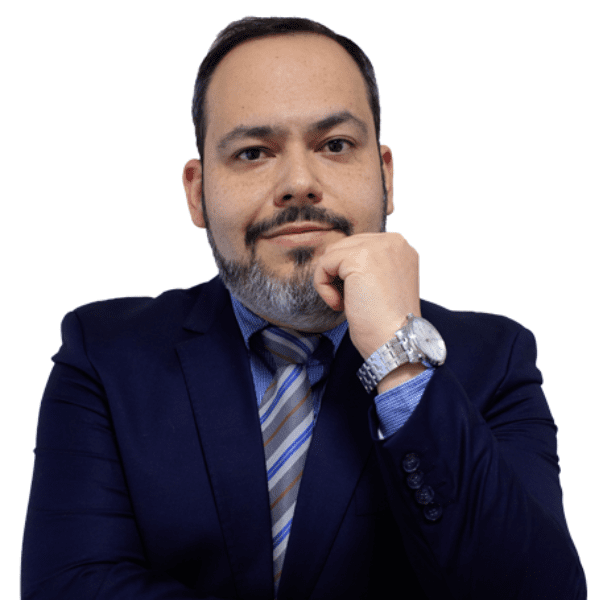
Brazil

Brazil
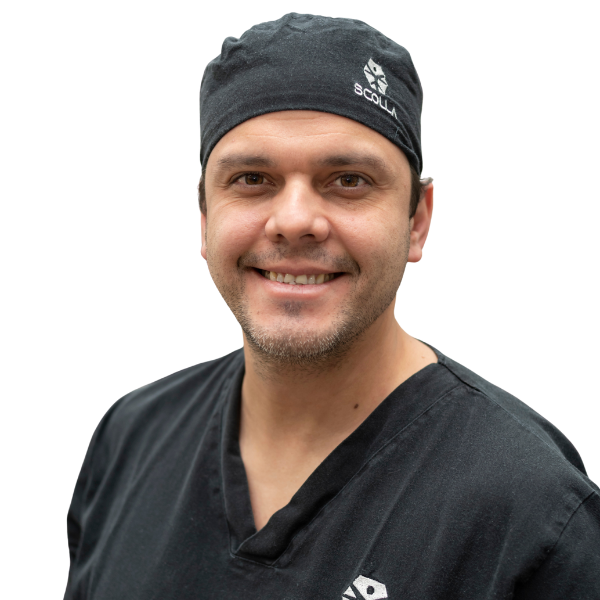
Paraguay

Paraguay
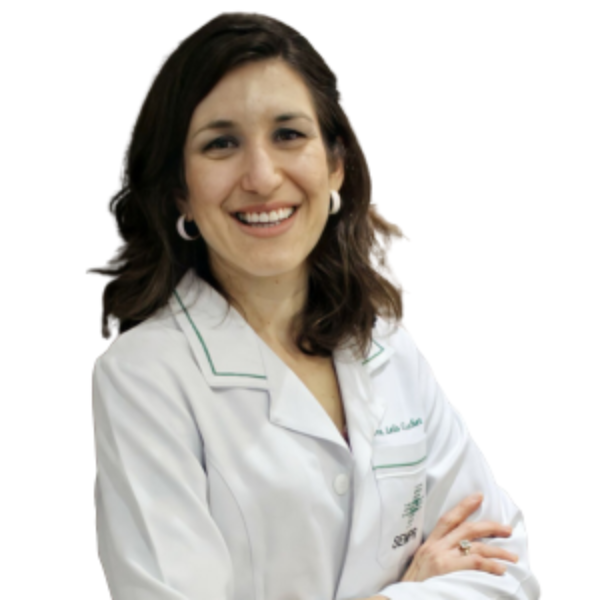
Brazil

Brazil

Argentina

Argentina

Brazil

Brazil
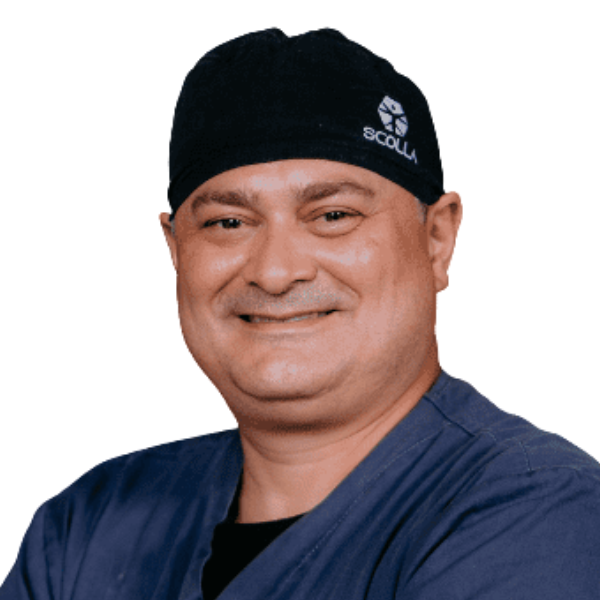
Brazil

Brazil
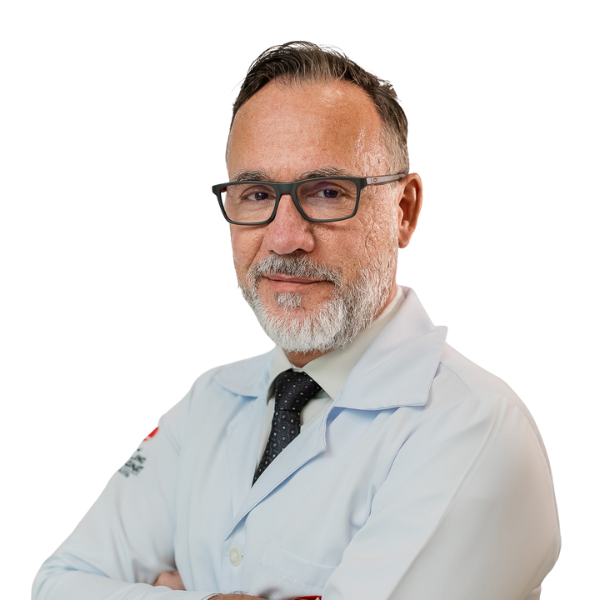
Brazil

Brazil
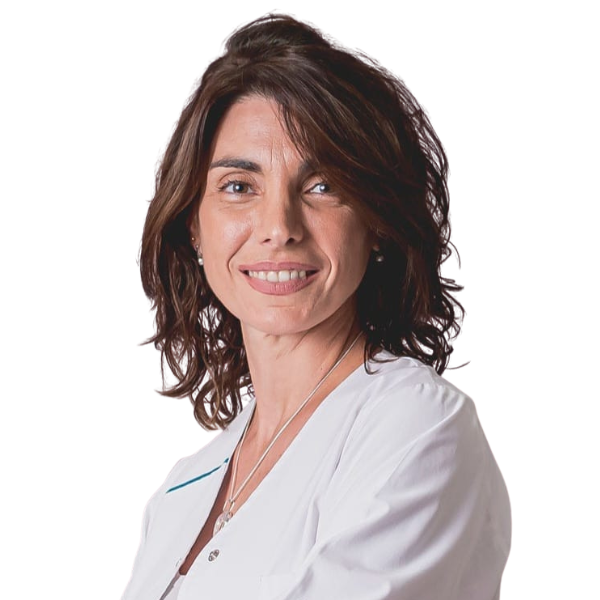
Argentina

Argentina
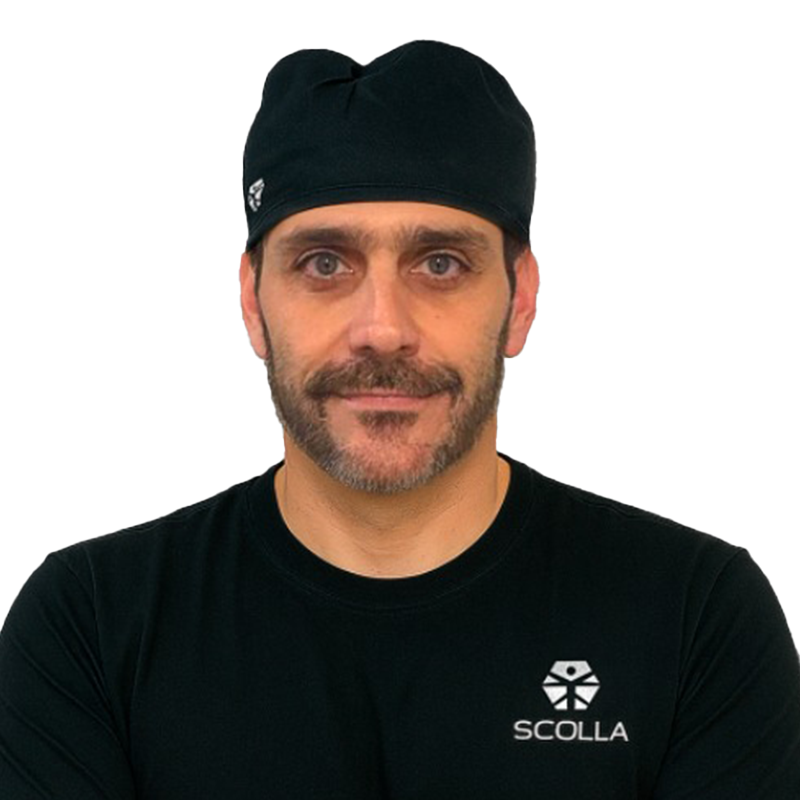
Brazil

Brazil
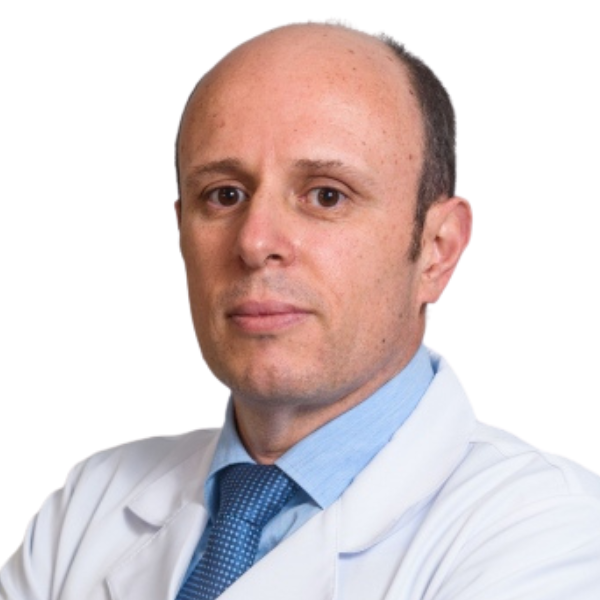
Brazil

Brazil
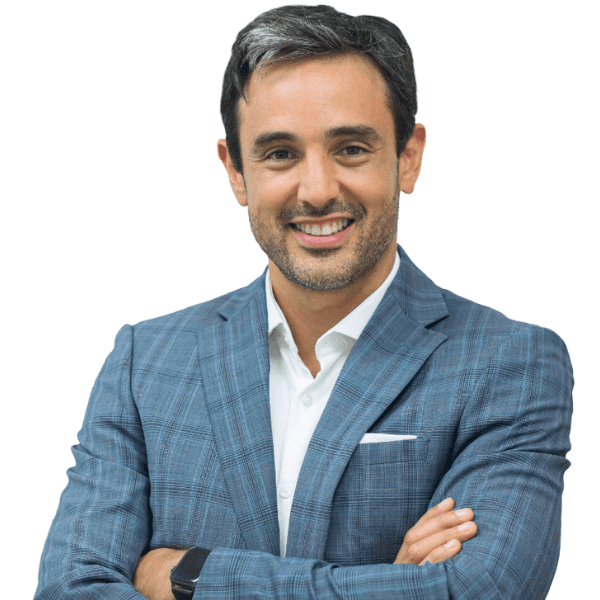
Peru

Peru

Brazil

Brazil
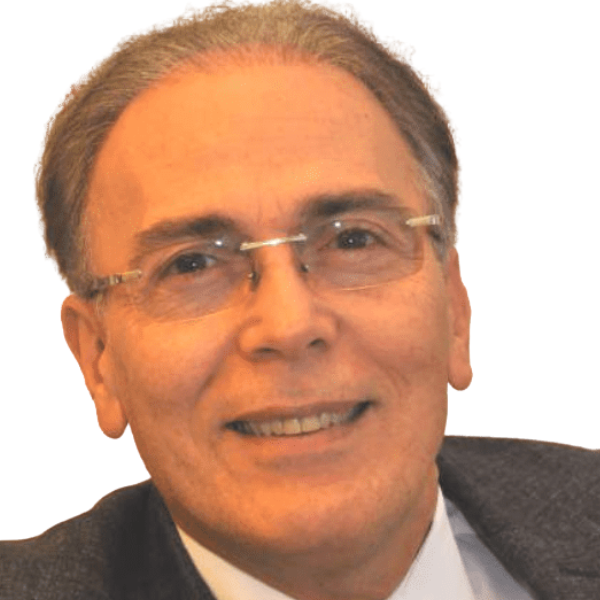
Brazil

Brazil
The training is theoretical and practical in order to get to know the workings and components of the technological platform to be used in surgery.
All face-to-face training will involve the use of:
Classes will take place as follows:
| Hybrid Module | Activity | Day of the week | Schedule | Type | Daily (h/a) |
Weekly (h/a) |
Module | Total
Course |
| Lectures | 2nd to 4th | 19:00 a 22:00 | Online | 3 | 9 | 9 | 36 | |
| Live Surgeries | 6º | 8:00 a 18:00 | In person | 10 | 10 | 10 | 40 | |
| Hands-on practical classes | Saturday and Sunday | 8:00 a 18:00 | In person | 10 | 20 | 20 | 80 | |
| Analysis and Evaluation of Recorded Surgeries | Free | free | Online | 9 | 9 | 9 | 36 | |
| Entrepreneurship and Medical Career Management Module | Theoretical Classes | To be determined | to be determined | Online | To be determined | To be determined | 52 | 52 |
| Supervised Internship | Surgery follow-up | 2nd to 6th | 8:00 a 17:00 | In person | 8 | 40 | 80 | 80 |
| Complementary Activities | Reading Articles, Case Studies and Recorded Surgeries | Free | free | Online | Free | Free | 9 | 36 |
| TOTAL | 360 | |||||||
Total workload of 360 hours, divided into 280 hours of theoretical and practical activities and 80 hours of supervised internship.
4 hybrid modules of 57h/y each
10h/a of live surgery
20h/a of hands-on practice
9h/a of live theoretical classes
9h of analysis/evaluation of advanced surgeries
9h of reading articles and studying cases
80 hours of observational internship with the course coordinators
With a workload of 52 hours, the subject is taught entirely online
Data: 16 a 22 de Março de 2026
Aulas on-line: 16, 17 e 18 de Março de 2026
Presencial na Scolla: 20, 21 e 22 de Março de 2026
– Apresentação Scolla e curso
– Estrutura hospitalar mínima para cirurgia bariátrica e metabólica de qualidade.
– Crescimento do mercado de trabalho em cirurgia bariátrica e espaço para novos cirurgiões.
– Mudanças no pré-operatório com novos medicamentos para obesidade.
– Passos técnicos que fazem diferença na gastrectomia vertical.
– Diferenças na técnica do bypass gastrojejunal em Y de ROUX (medidas de alças e tamanho de pouch).
– Principais e mais graves complicações abdominais precoces em cirurgia bariátrica.
– Hipoglicemia hiperinsulinêmica: ocorrência e tratamento.
– DRGE após gastrectomia vertical: preocupante (SIM e NÃO, com diferentes perspectivas).
– Decisão da técnica operatória mais adequada ao paciente com novas técnicas referendadas pelo CFM.
– Alterações motoras do esôfago após bypass gástrico em Y DE ROUX: etiologia e tratamento.
– Balões intragástricos: como decidir pelo mais adequado e resultados esperados.
– Nutrição pós-operatória e o papel do cirurgião.
– Cirurgias ao vivo com discussão de casos.
– Treinamento hands-on e simulação realística de cirurgias mini invasivas e/ou robóticas em modelos sintéticos, ex-vivos e vivos.
Data: 20 a 26 de Abril de 2026
Aulas on-line: 20, 21 e 22 de Abril de 2026
Presencial na Scolla: 24, 25 e 26 de Abril de 2026
– Bypass gástrico para obesos com DRGE e por que o refluxo ocorre no pós-operatório.
– Colelitíase: manejo (antes, durante ou depois da cirurgia bariátrica) e abordagem da coledocolitíase.
– Efeitos da cirurgia bariátrica na esteato-hepatite não alcoólica.
– Demonstração técnica de um sleeve adequado.
– Quando não indicar a cirurgia bariátrica.
– Conversão de sleeve por DRGE: duas possibilidades técnicas.
– Sleeve para SADI-S.
– Manejo percutâneo de complicações pós bypass gástrico.
– Redução da incidência de reinternações precoces após cirurgias bariátricas metabólicas e motivos mais frequentes.
– Reganho de peso: conceito atual, causas, tratamentos não cirúrgicos e relevância das canetas.
– Cirurgia bariátrica em adolescentes obesos: critérios e melhor abordagem cirúrgica.
– Cirurgias ao vivo com discussão de casos.
– Treinamento hands-on e simulação realística de cirurgias mini invasivas e/ou robóticas em modelos sintéticos, ex-vivos e vivos.
Data: 25 a 31 de Maio de 2026
Aulas on-line: 25, 26 e 27 de Maio de 2026
Presencial na Scolla: 29, 30 e 31 de Maio de 2026
– Balões gástricos inovadores com apresentação de vídeo.
– Importância do pré-operatório em cirurgia revisional.
– Afagia pós bypass e Divertículo esofágico pós bypass gástrico.
– Protocolos de atendimento em complicações pós-operatórias.
– Cirurgia bariátrica como fator de proteção para o câncer: evidências.
– Bypass com fundoplicatura prévia: desfazer parcial ou totalmente.
– Pontos importantes no tratamento clínico e medicamentoso antes de indicar cirurgia revisional na recidiva da obesidade.
– Bipartição do trânsito intestinal – Da ideia ao amplo reconhecimento.
– Importância do treinamento em plataforma robótica.
– Atuação do tratamento endoscópico na fístula pós sleeve.
– Escolha da técnica cirúrgica frente à nova resolução do CFM.
– Refluxo gastroesofágico após gastrectomia vertical
– Cirurgias ao vivo com discussão de casos.
– Treinamento hands-on e simulação realística de cirurgias mini invasivas e/ou robóticas em modelos sintéticos, ex-vivos e vivos.
Data: 13 a 19 de Julho de 2026
Aulas on-line: 13, 14 e 15 de Julho de 2026
Presencial na Scolla: 17, 18 e 19 de Julho de 2026
– Comparação entre acesso laparoscópico e robótico.
– Pontos importantes sobre cirurgia robótica a distância.
– Estado atual da cirurgia metabólica.
– Cirurgia bariátrica robótica.
– Doença metabólica e-SADI’S.
– Melhor indicação para OAGB.
– Melhor indicação para bipartição intestinal e bipartição modificada.
– Maiores evidências do bypass gástrico jejunal em Y de Roux.
– Reganho de peso pós cirurgia bariátrica: tratamento clínico medicamentoso.
– Duas grandes casuísticas.
– Aprendizados em 4 anos de Scolla de Pós-graduação de Cirurgia Bariátrica e Metabólica Minimamente Invasiva.
– Cirurgias ao vivo com discussão de casos.
– Treinamento hands-on e simulação realística de cirurgias mini invasivas e/ou robóticas em modelos sintéticos, ex-vivos e vivos.
Supervised internships are compulsory activities in which students are immersed in the routine of the surgical services in which the course coordinators and teachers work.
This 100% online module aims to guide the career thinking of medical professionals in order to lay the foundations for career planning and entrepreneurship using design and planning tools with the structuring of scenarios and possible outcomes.
75% class attendance
Concept "C" in the general evaluation
Medical residents and general surgeons with proven experience in bariatric surgery.
Fully trained bariatric surgeons.
Before issuing your tickets, talk to our sales department.
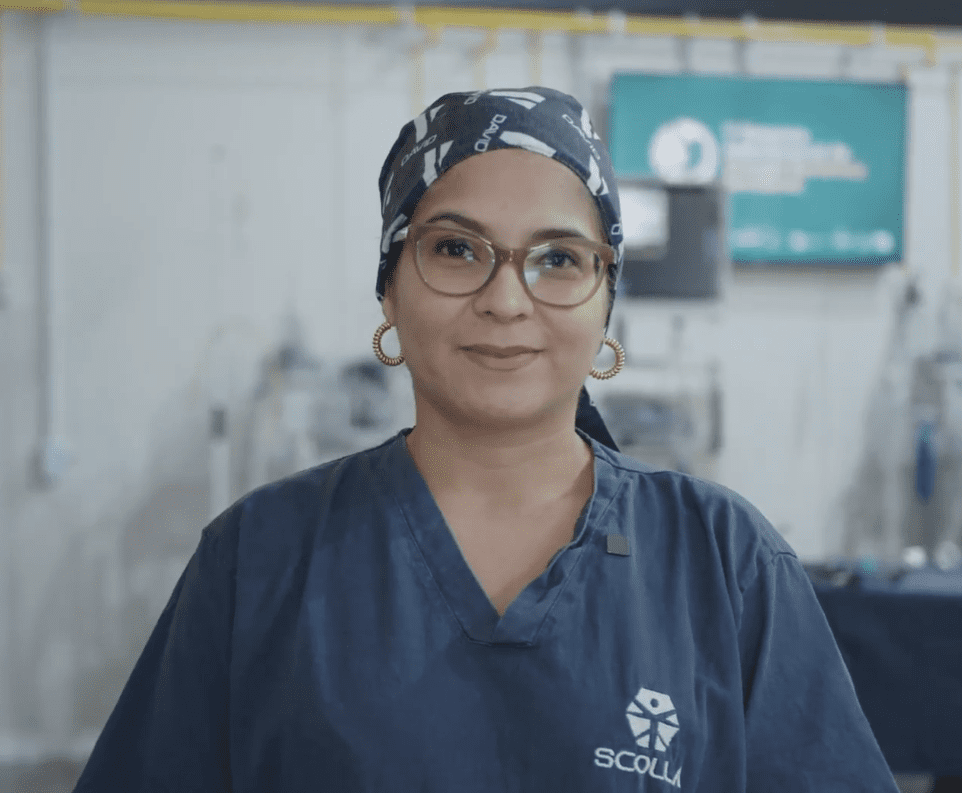
General Surgeon in Manaus - AM
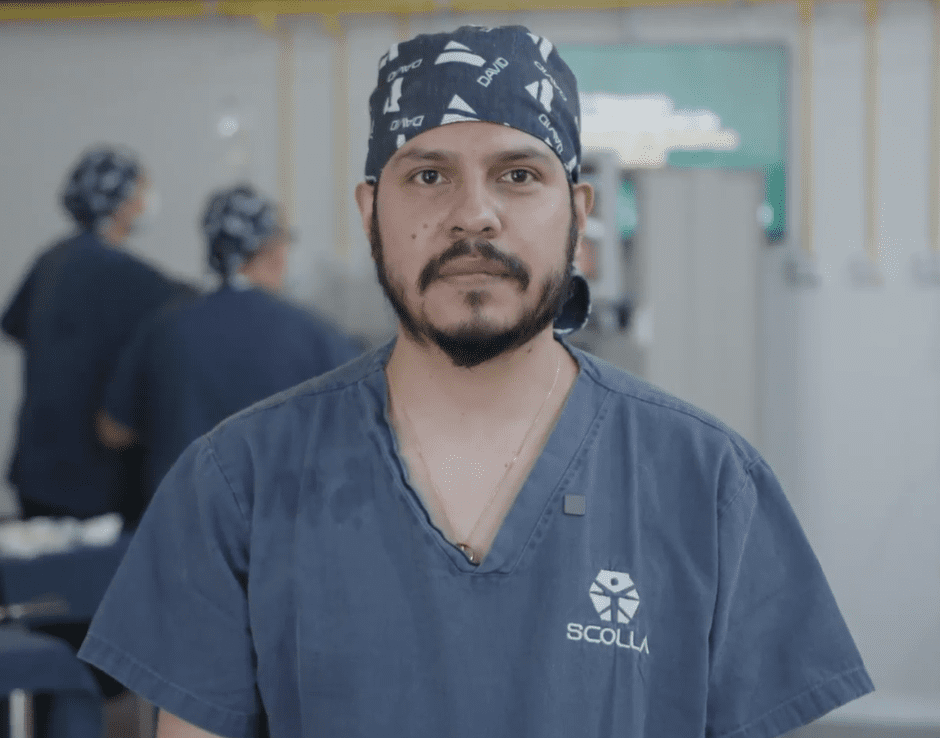
General Surgeon of Guayaquil - EC
Payment terms
Investimento do curso: R$ 77.196,00 à vista (via boleto ou pix) ou 14x de R$ 5.514,00 (via cartão de crédito – sem juros e sem comprometer o limite do seu cartão).
For your convenience, avoid virtual cards to ensure that the recurring payment is processed successfully.
Os candidatos deverão enviar seus currículos para análise prévia, antes de efetuar o pagamento do curso.
Before issuing your tickets, talk to our sales department.